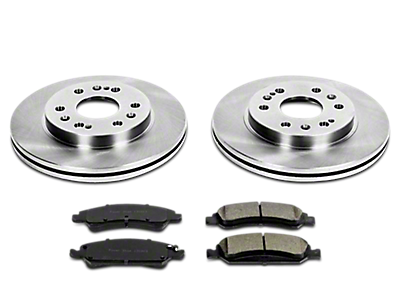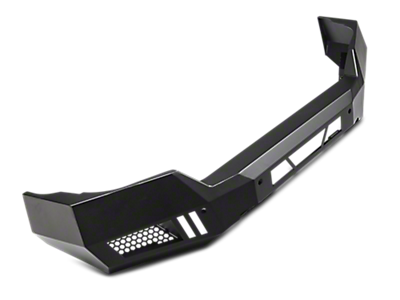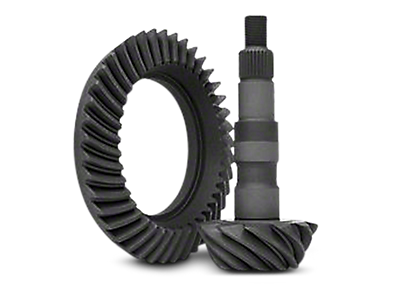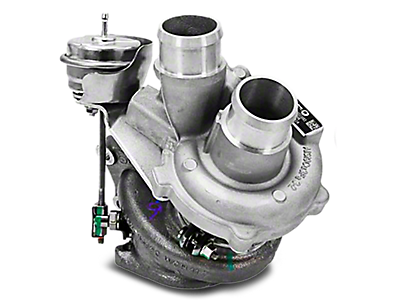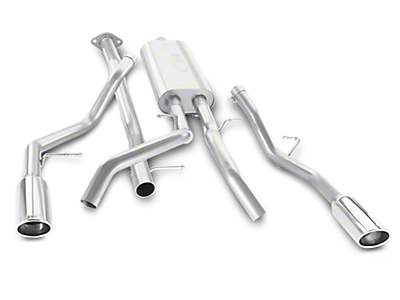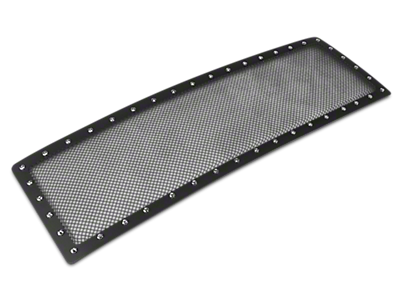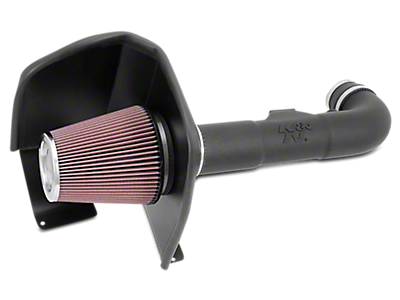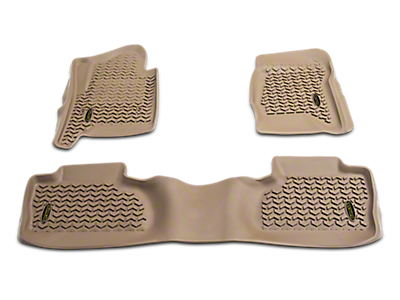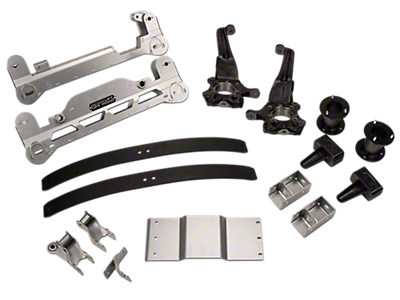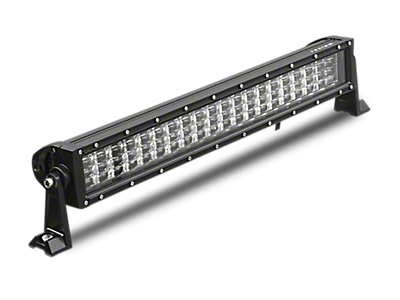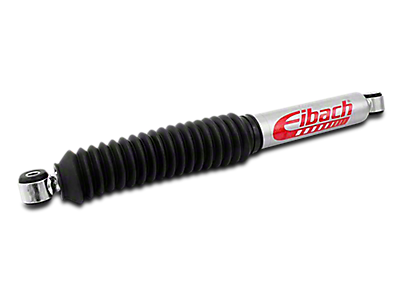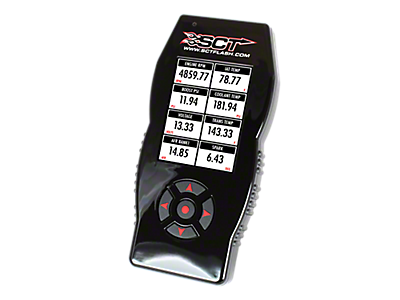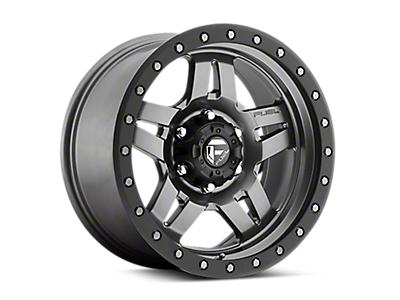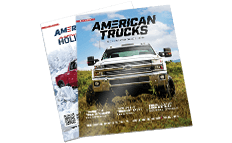2017 Chevrolet Silverado 2500
For the 2017 Silverado 2500, Chevrolet put a lot of focus on improving the 6.6L Duramax. Now carrying a LP5 designation, the big turbo diesel sees a bump up to 445 horsepower and 910 lb-ft of torque due in part to revisions made to the aluminum cylinder heads and variable-geometry turbo charger. The base 6.0L Vortec V8 remains unchanged, rated at 360 horsepower, 385 lb-ft of torque and capable of being converted to run on compressed natural gas (CNG) or a combination of regular gasoline and CNG. From a style perspective, this 2017 three-quarter ton Silverado carries over the same body work and lines from before, minus a new hood with functional air intake scoop that is outfitted to trucks equipped with the 6.6L diesel Duramax engine. Regular cab, double cab and crew cab models can be paired with a short or long box and four-wheel drive. Max payload and towing (when properly equipped) for the 2017 Silverado 2500 is 3534 lbs and 18,100 lbs, respectively.
Better Braking
THe 2017 Silverado 2500 is a big rig, and this is exemplified by its measured 208 ft distance to stop from seventy miles an hour when unloaded. A new big brake kit will vastly improve on this distance and provide significantly more confidence during an emergency braking scenario.
- Increased clamping force
- Increased clamping area
- Reduced braking distance
- Reduce brake fade
Big brake kits aren't particularly cheap, but they will return the best possible braking performance for the vehicle. Composed of all new calipers, rotors, pads and brake lines, big brake kits basically replace the factory components with oversized, heavier duty versions. Comparing the calipers, the best OEM caliper found on a 2017 Silverado 2500 HD will have two pistons. Aftermarket big brake kits offer calipers with four to six pistons, thereby significantly increasing the area in which the caliper can exert a clamping force. Oversized rotors to match the big calipers are often vented and slotted, with some even having a cross-drilled pattern. All of these attributes help to dissipate heat and thereby prevent the pads from fading. This means you can expect better braking performance under virtually any scenario - OEM brakes just cannot compete. Having said all that, the one downside to running a big brake kit is often due to their actual size, they require a minimum wheel size which can range anywhere from 18" to 22", depending on the manufacturer.
Transmission Longevity
As heat is the killer of brakes, it is also the killer of transmissions, and when towing heavy loads, a lot of heat is generated within the transmission. Maintaining proper transmission oil temperatures is vital to its overall longevity. Keeping the transmission cool is as simple as using an oversized transmission oil cooler. Plumbing into the transmission oil lines, a transmission oil cooler is the equivalent of a mini radiator exclusive to the transmission. Placed in a position to receive good airflow, the hot transmission oil flows through the core of the cooler, where air rushes between the fins and over the oil tubes and carries some of the heat away. Increasing the size (or number) of transmission oil coolers has a direct impact on the amount of heat that is extracted and exchanged with the overflowing air. The greater the volume of air you can expose the transmission oil to, the greater the heat exchange and thereby drop in oil temperature. Plumbing in a new transmission cooler is not a complicated task, but can prove to be a little messy when dealing with the exchange lines. With some patience and attention, you can upgrade the transmission cooler on a 2017 Silverado 2500 pickup in just a couple of hours.

